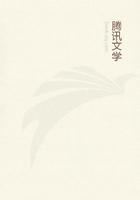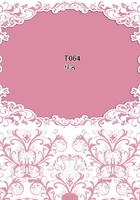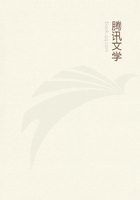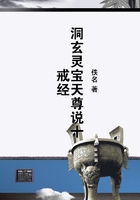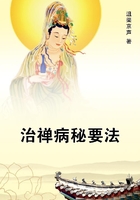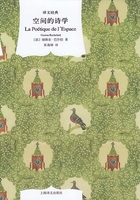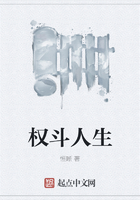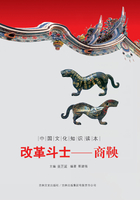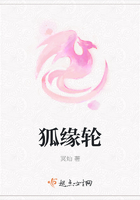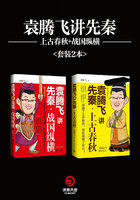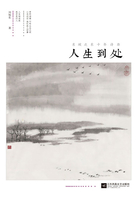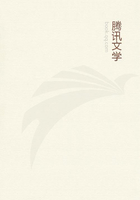The following figures represent roughly the growth in the number of libraries. In October, 1917, there were 23 libraries in Petrograd, 30 in Moscow. Today there are 49 in Petrograd and 85 in Moscow, besides a hundred book distributing centres. A similar growth in the number of libraries has taken place in the country districts. In Ousolsky ouezd, for example, there are now 73 village libraries, 35 larger libraries and 500 hut libraries or reading rooms. In Moscow educational institutions, not including schools, have increased from 369 to 1,357.
There are special departments for the circulation of printed matter, and they really have developed a remarkable organization. I was shown over their headquarters on the Tverskaya, and saw huge maps of Russia with all the distributing centres marked with reference numbers so that it was possible to tell in a moment what number of any new publication should be sent to each. Every post office is a distributing centre to which is sent a certain number of all publications, periodical and other. The local Soviets ask through the post offices for such quantities as are required, so that the supply can be closely regulated by the demand. The book-selling kiosks send in reports of the sale of the various newspapers, etc., to eliminate the waste of over-production, a very important matter in a country faced simultaneously by a vigorous demand for printed matter and an extreme scarcity of paper.
It would be interesting to have statistics to illustrate the character of the literature in demand. One thing can be said at once. No one reads sentimental romances. As is natural in a period of tremendous political upheaval pamphlets sell by the thousand, speeches of Lenin and Trotsky are only equalled in popularity by Demian Biedny's more or less political poetry. Pamphlets and books on Marx, on the war, and particularly on certain phases of the revolution, on different aspects of economicreconstruction, simply written explanations of laws or policies vanish almost as soon as they are put on the stalls. The reading of this kind has been something prodigious during the revolution. A great deal of poetry is read, and much is written. It is amusing to find in a red-hot revolutionary paper serious articles and letters by well-meaning persons advising would-be proletarian poets to stick to Pushkin and Lermontov. There is much excited controversy both in magazine and pamphlet form as to the distinguishing marks of the new proletarian art which is expected to come out of the revolution and no doubt will come, though not in the form expected. But the Communists cannot be accused of being unfaithful to the Russian classics. Even Radek, a foreign fosterchild and an adopted Russian, took Gogol as well as Shakespeare with him when he went to annoy General Hoffmann at Brest. The Soviet Government has earned the gratitude of many Russians who dislike it for everything else it has done by the resolute way in which it has brought the Russian classics into the bookshops. Books that were out of print and unobtainable, like Kliutchevsky's "Courses in Russian History," have been reprinted from the stereotypes and set afloat again at most reasonable prices. I was also able to buy a book of his which I have long wanted, his "Foreigners' Accounts of the Muscovite State," which had also fallen out of print. In the same way the Government has reprinted, and sells at fixed low prices that may not be raised by retailers, the works of Koltzov, Nikitin, Krylov, Saltykov- Shtchedrin, Chekhov, Goncharov, Uspensky, Tchernyshevsky, Pomyalovsky and others. It is issuing Chukovsky's edition of Nekrasov, reprints of Tolstoy, Dostoievsky and Turgenev, and books by Professor Timiriazev, Karl Pearson and others of a scientific character, besides the complete works of Lenin's old rival, Plekhanov. It is true that most of this work is simply done by reprinting from old stereotypes, but the point is that the books are there, and the sale for them is very large.
Among the other experts on the subject of the Soviet's educational work I consulted two friends, a little boy, Glyeb, who sturdily calls himself a Cadet though three of his sisters work in Soviet institutions, and an old and very wise porter. Glyeb says that during the winter they had no heating, so that they sat in school in their coats, and only sat for a veryshort time, because of the great cold. He told me, however, that they gave him a good dinner there every day, and that lessons would be all right as soon as the weather got warmer. He showed me a pair of felt boots which had been given him at the school. The old porter summed up the similar experience of his sons. "Yes," he said, "they go there, sing the Marseillaise twice through, have dinner and come home." I then took these expert criticisms to Pokrovsky who said, "It is perfectly true. We have not enough transport to feed the armies, let alone bringing food and warmth for ourselves.
And if, under these conditions, we forced children to go through all their lessons we should have corpses to teach, not children. But by making them come for their meals we do two things, keep them alive, and keep them in the habit of coming, so that when the warm weather comes we can do better."

